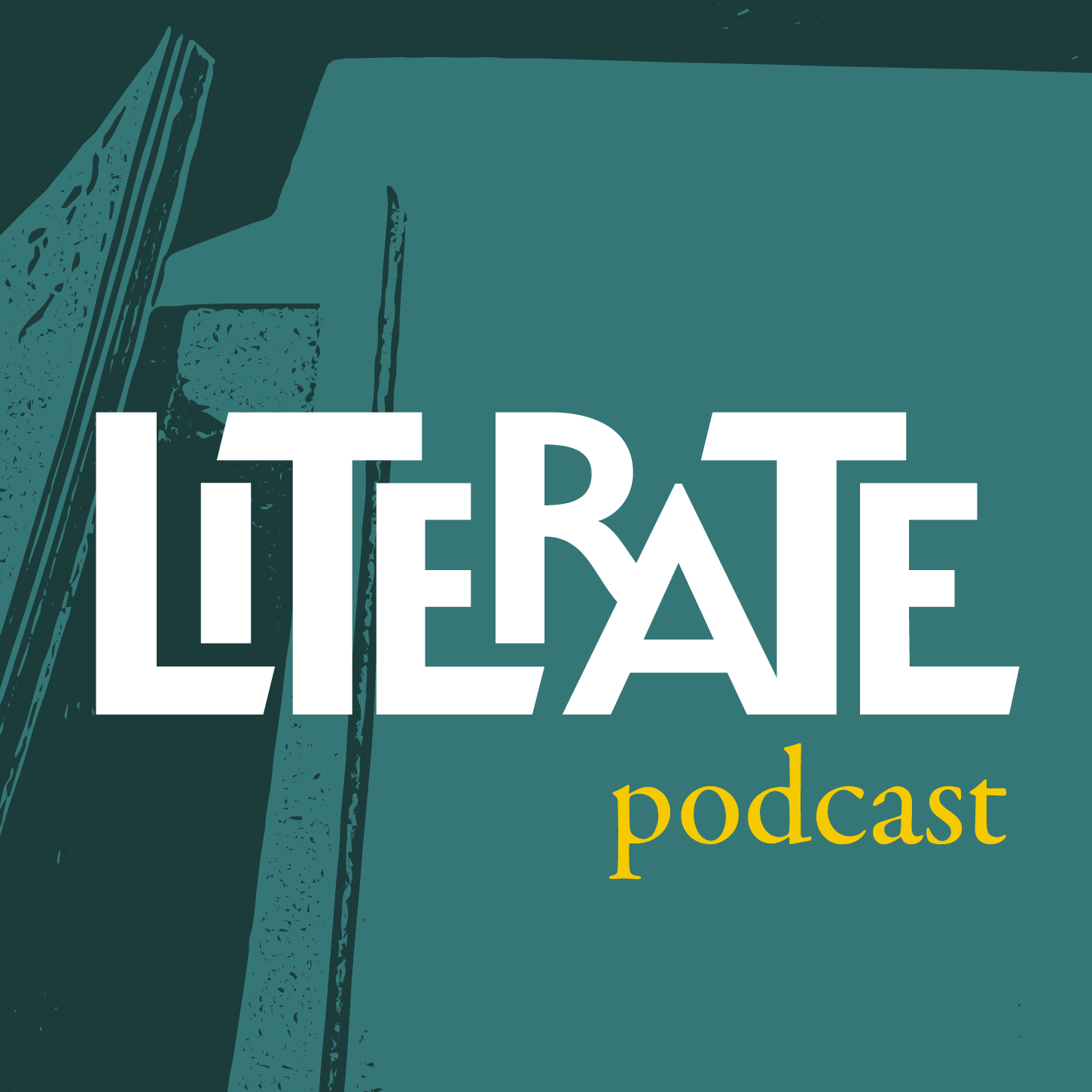Episode 14: The Waste Land by T. S. Eliot
Description
This week we wander through The Waste Land by T. S. Eliot. Written in the aftermath of the Great War, this long poem uses a diverse array of voices to convey a sense of disillusionment with modern life. Those voices range from the parodic to the sacred, as the poem interweaves hundreds of allusions to mythology, major world religions, literary classics, dance hall tunes, a nursery rhyme, and conversations from daily English life. So we discuss what to make of so many fragmentary images and sounds, while also asking how they reflect a postwar moment of dramatic historical and cultural change.
Two specialists, both of whom are poets and literary scholars, offer wonderful contributions to this episode. An interview with Gabrielle McIntire, who is Professor of English at Queen's University in Canada and editor of The Cambridge Companion to The Waste Land, orients our conversation about this poem. And notably, her own debut poetry collection, Unbound, comes out next month. Later we have a more free-wheeling chat about Eliot and his impact with Hannah Sullivan, who is a Tutor in English at New College, Oxford, and whose debut collection Three Poems was awarded the T. S. Eliot Prize in 2018.
**WE NEED YOUR HELP! Send us a short audio recording of your answer to the question "What makes a book of the century?" and you might be featured on the final episode of the season!**
--
For more on the show visit literatepodcast.com
Get in touch: @literatepodcast (Twitter) or [email protected]
Buy the book from an independent bookstore through our Bookshop affiliate page: https://bookshop.org/lists/literate-books
More Episodes
Published 05/20/21
What makes a "book of the century"? And who gets to decide which books make the cut? Over the past two seasons of Literate, we have been asking these questions while reading through the New York Public Library's 1995 list of the books of the century. Each episode, we explore one book from that...
Published 05/20/21
We step into a world of uncertainty, this week, with The Turn of the Screw by Henry James. In this ghost story, a young woman takes up a new job as a governess, caring for two children who seem almost too good to be true... But while the governess tells a tale of ghostly visitations, her story...
Published 04/22/21


